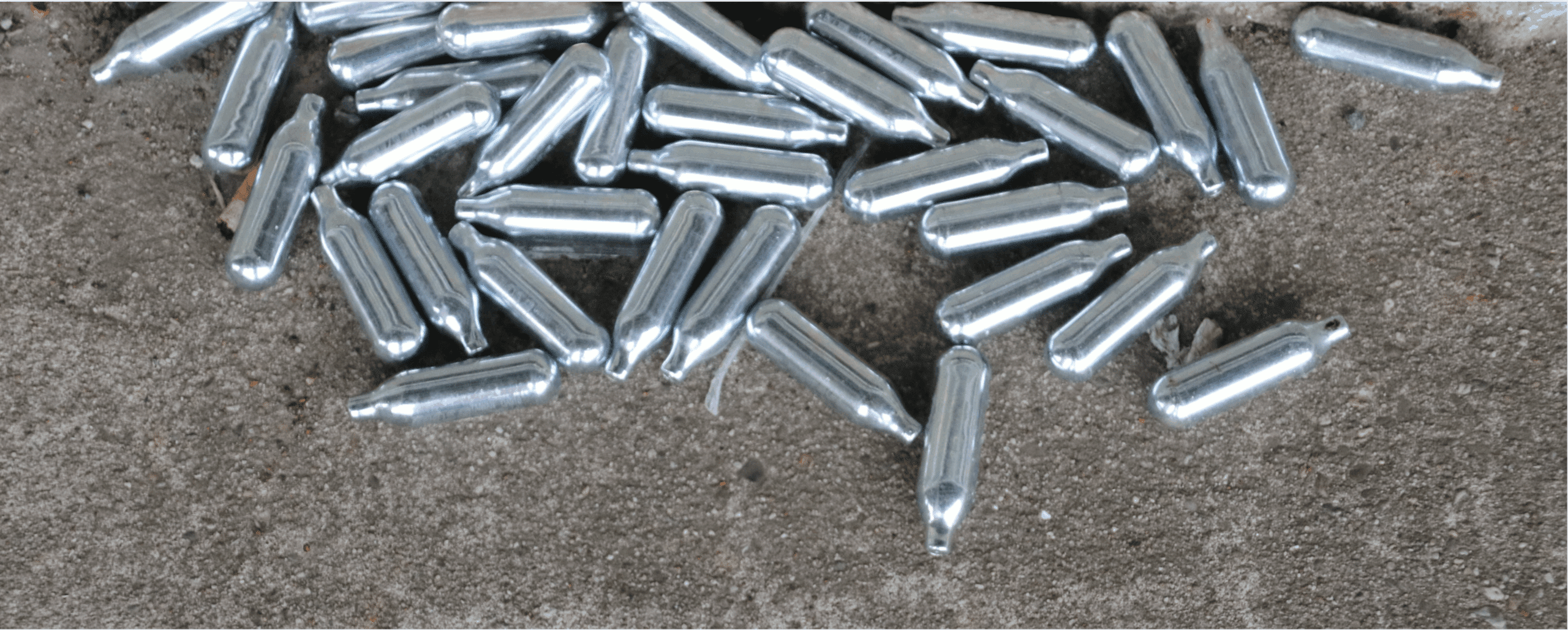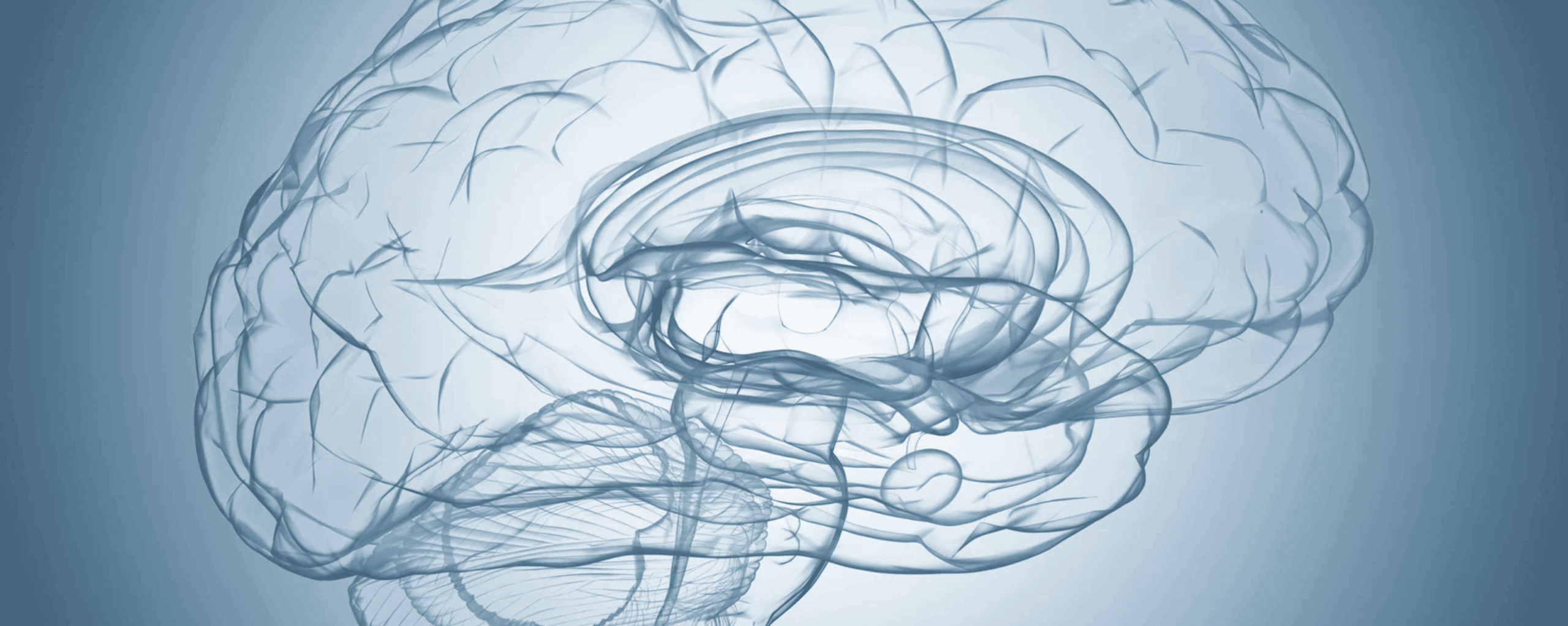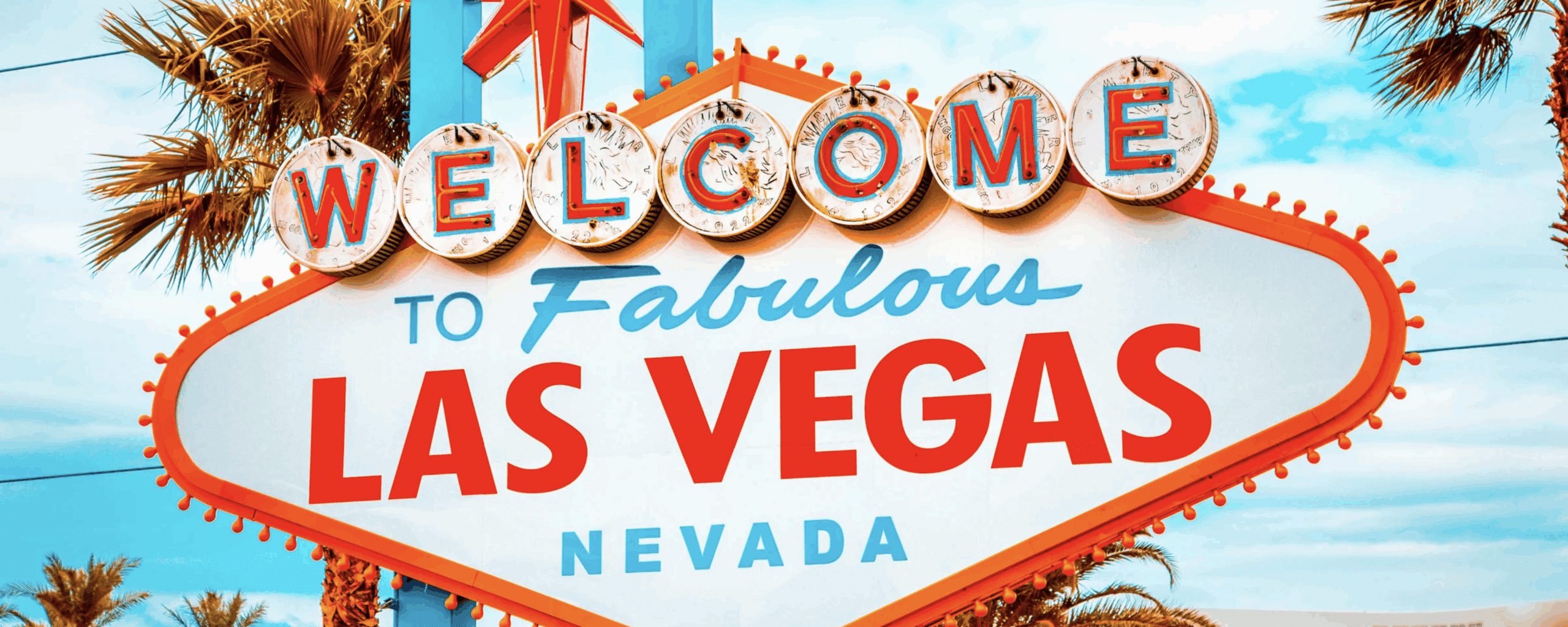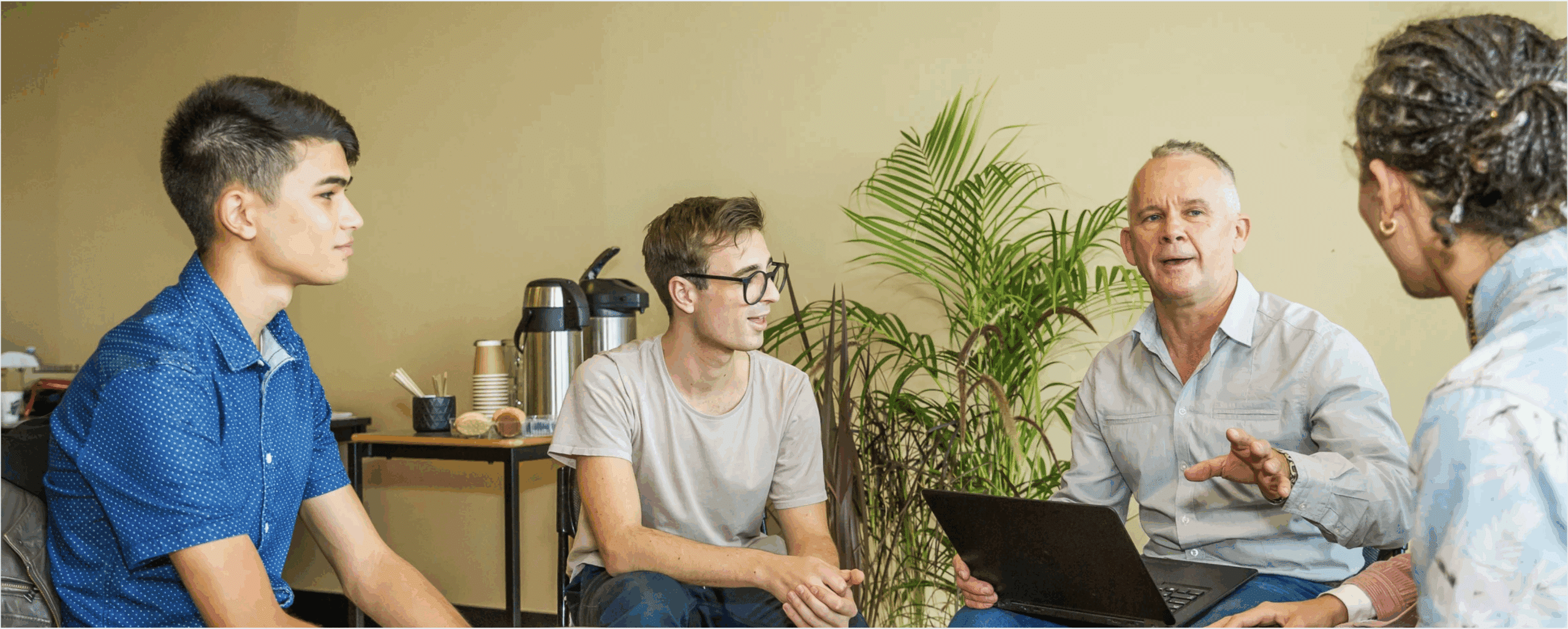First responders are sometimes exposed to disturbing, dangerous, and horrific situations because of the nature of their jobs. In fact, over 80% of first responders have experienced trauma because of their line of work. These experiences can be emotionally taxing and lead to unhealthy ways of coping such as through drugs or alcohol. Addiction treatment for first responders requires unique needs needs because most of the general population does not encounter this type of trauma. Specialized substance abuse treatment programs tailored to their needs are most effective.
Why First Responders Are at Risk for Substance Abuse
First responders include vocations like police officers, firefighters, emergency medical technicians (EMTs), and paramedics. First responders may regularly be in harm’s way or witness others’ physical or emotional distress. Even if not directly in the line of fire, indirect exposure to trauma is just as impactful. Data shows that around one in three first responders have diagnosable post-traumatic stress disorder (PTSD).
According to the Substance Abuse and Mental Health Association (SAMHSA), factors that often compound substance abuse and behavioral health issues in first responders include direct or indirect exposure to:
- Death
- Pain
- Injury
- Grief
- Loss
- Threats to personal safety
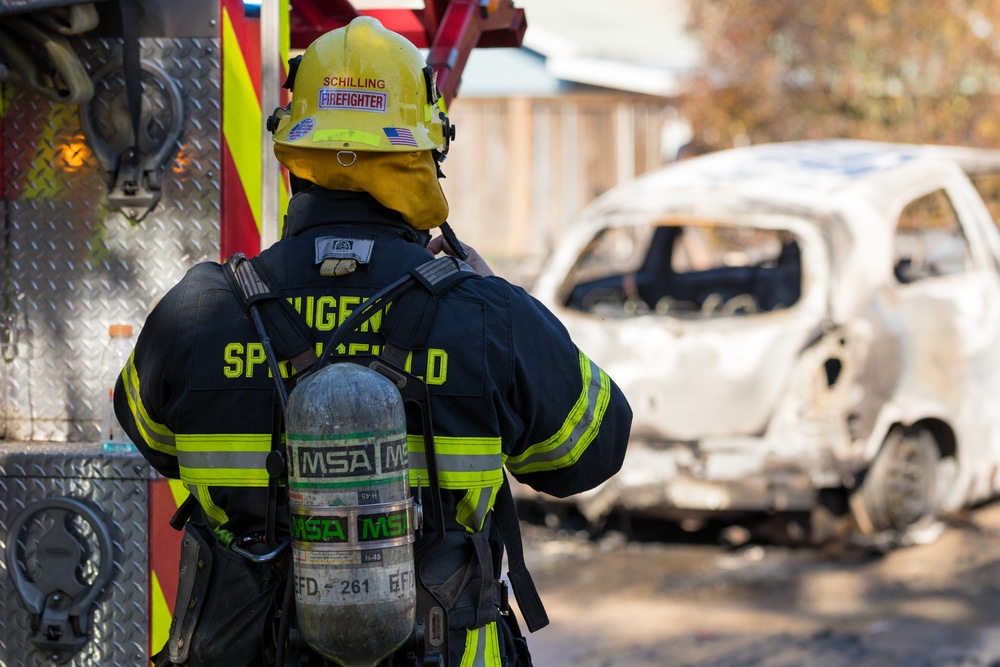
This is compounded by characteristics and environmental aspects of first responder jobs that can make them more susceptible to behavioral health issues, which may include:
- Long shift hours
- Frequent shifts
- Physical hardships
- Poor sleep
- Quick, chaotic pace of work
- Guilt around disappointing co-workers or public
- Culture of drinking
- Difficulty asking for help (warrior ethos)
- Distrust in the mental health profession
- Fear of losing job/pay/benefits vs. returning to work
These stress factors put first responders at increased risk for mental health disorders and behaviors like:
- Alcohol and drug abuse
- PTSD
- Depression
- Anxiety
- Nightmares
- Suicide
The constant physical and emotional strain of these jobs can be too much for people to bear. In a work culture where self-care, vulnerability, and behavioral health treatment are often stigmatized, first responders may turn to drugs, alcohol, or other unhealthy coping mechanisms to self-soothe or numb their emotional pain instead of getting help. This exacerbates their conditions and can lead to drug or alcohol addiction.
Signs of Drug or Alcohol Abuse
First responders’ high risk for addiction is sometimes fueled by an environment where substance use is normalized as something that comes with the territory. Coworkers may unwind after shifts at a bar or drink to excess regularly. First responders may also feel they need drugs or alcohol to calm their minds, sleep, or dilute the effects of trauma from their day. Signs of alcohol or drug abuse in first responders may include:- Inability to quit or decrease substance use
- Warnings at work over substance use or performance
- Needing to drink or use drugs to feel normal or function
- Drinking in the morning (“hair of the dog”)
- Missing work due to drinking or drugging
- Decreased performance on the job
- Frequent injuries on the job
- Frequently using alcohol or drugs to sleep, relax, or calm their nerves
- Taking risks while on substances like driving, working, or operating machinery
- Secrecy around substance use
- Withdrawal symptoms like vomiting, tremors, headaches, and others without drugs or alcohol
- Continuing to abuse substances despite negative consequences to their health, relationships, finances, and well-being
Treating Addiction for First Responders
Addiction treatment for first responders is trauma-focused. It helps first responders identify the core reasons why they’re using drugs and alcohol. The treatment process includes specialized trauma therapies that help them reprocess PTSD so that it stops impacting everyday life. Addiction treatment will also include behavioral therapies, groups, and relapse-prevention training so that first responders can connect with others, strengthen interpersonal skills, and acquire relapse-prevention practices they can use in the face of triggers, instead of using drugs and alcohol to cope.
Drug and alcohol treatment therapies for first responders may include:
Individual therapy – Working one-on-one with a counselor to explore underlying causes of substance use and other destructive behaviors in a trusting, accepting space.
Group therapy – Sharing with and hearing from other veterans and military members about challenges and learning the value in authentic connections, vulnerability, and healthy relationships.
Cognitive behavioral therapy (CBT) – Identifying dysfunctional thought patterns and learning to change those and the behaviors they impact.

Eye movement desensitization and reprocessing (EMDR) – Healing trauma through a non-invasive therapy that uses bilateral eye stimulation to reprocess stressful events without re-traumatization.
Cognitive processing therapy (CPT) – Learning new ways of handling and interpreting thoughts from traumatic events.
Stress inoculation therapy (SIT) – Learning specific skills like breathing techniques, cognitive restructuring, and muscle relaxation to help manage PTSD symptoms.
Exposure therapy – Moving through trauma memories gradually to reprocess them in a safe space with a therapist who guides the participant.
Narrative therapy – Rewriting the story people tell themselves to be one that separates problems from the person and repositions them as competent and empowered.
Family therapy – Learning healthy ways for family members to reconnect with each other and support each other.
First-responder addiction treatment programs may use some or many of these approaches depending on the individual’s needs. The level of care is also dependent on the individual. Substance abuse treatment options include inpatient and outpatient rehab. Depending on the severity of drug or alcohol abuse, some recovery programs will begin with medical detox.
Levels of care include:
Veteran and Military Substance Abuse
Veterans and military personnel also struggle with PTSD and other behavioral health issues because of their daily and past environments. According to SAMHSA one in 15 veterans misuse substances. Of that percentage, over 75% meet the criteria for PTSD. The violence and uncertainty of combat as well as readjusting back into civilian life weighs heavy on the armed forces. Veterans are at increasing risk for:- PTSD
- Drug and alcohol abuse
- Depression
- Anxiety
- Violence
- Traumatic brain injury
- Panic attacks
- Insomnia and nightmares
Looking for Addiction Treatment for First Responders?
Are you or a loved one looking for addiction treatment for first responders? Vogue provides evidence-based treatment plans within welcoming, home-like settings that encourage healing and change. If you or a loved one is struggling with drug or alcohol abuse, call us for a free, confidential consultation and insurance verification. We can help.References
- https://www.samhsa.gov/sites/default/files/dtac/supplementalresearchbulletin-firstresponders-may2018.pdf
- https://www.sciencedirect.com/science/article/abs/pii/S1359178918302416?via%3Dihub
- https://www.samhsa.gov/data/sites/default/files/report_1969/Spotlight-1969.html#:~:text=Overall%2C%20about%201%20in%2015,in%2011%2C%20or%208.6%20percent.
- https://www.apa.org/pubs/books/treating-ptsd-in-first-responders
vogue-staff
Latest posts by vogue-staff (see all)
- Mixing Adderall and Alcohol: What Can Happen? - December 22, 2022
- 15 Signs of a High-Functioning Alcoholic - November 24, 2022


